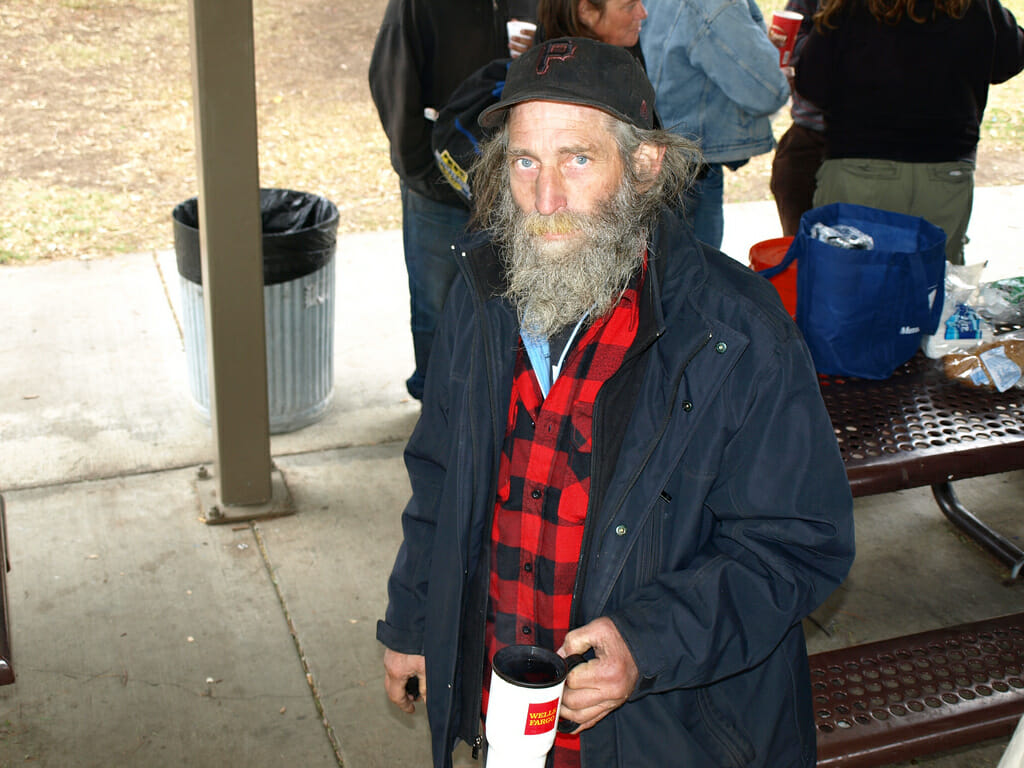Ending homelessness seems like a lofty goal – and it is. And yet, in communities around the United States, it is happening. In Chattanooga, TN, homelessness declined 48% from 2007 to 2012. In Virginia, community and national organizations came together to house 500 families in 100 days. And the innovative, action-oriented 100,000 Homes Campaign, which aims to house 100,000 of our nation’s chronically homeless and medically vulnerable by 2014, has housed over 80,000 so far.
What does homelessness have to do with property managers?
Working with community agencies whose goal is to house people who are homeless actually has many advantages for property managers and landlords. Consider:
- Financial stability: When you rent to someone with a housing voucher (e.g., Section 8, HUD-VASH), 60 to 70% of the income is guaranteed every month, because the funds come from state or federal sources. If you’re concerned about the credit history of formerly homeless tenants, consider this: Poor people make hard decisions, and usually they choose to pay their rent above any of their other bills.
- Stable tenants: Homelessness is not an experience that people wish to repeat. In the words of long-time property manager Donna McGovern, Housing Resource Coordinator at Heading Home, “You’d be amazed at how well these tenants treat their new place and how long they stay. The longevity of families is impressive. Families take really good care of these units. They’ve lost something and now have a shot again.”
- Criminal background checks: Federal law requires that the recipient must pass a CORI check in order to receive a housing voucher.
- Community: By helping individuals and families who have been homeless, you are contributing to creating a more just, kind, and stable community.
How do you get started?
Working with people who have experienced homelessness may make you uncomfortable. Their life experiences may be quite different than yours and your other tenants. McGovern’s advice: “Go back to ‘rental 101.’ We’re so technical and fast-paced these days that we’ve forgotten the basics. Always meet your tenant and have a conversation.”
Building relationships with community agencies is also a tremendous help. These organizations want to work with you! Their staff is actively looking for partners. It is part of their job. They will work with you to minimize your risk, resolve concerns, and support their clients to be stable, responsible tenants. For example, some agencies guarantee payment of rent in full, help tenants build skills that contribute to living successfully in the housing unit, ensure payment of damages, and intervene if there is a crisis.
Community organizations may be your best resource. Here are some others:
- The 100,000 Homes Campaign has numerous tip sheets, success stories, and resources. They have had tremendous success at bringing together diverse stakeholders across the country, all united in the goal of ending homelessness. Their Ways to Reduce Wait Times for Veterans with Vouchers is a good example of their practical, results-oriented approach.
- Coalition Homes and the Corporation for Supportive Housing developed Best Practices Manual: Integrating Property Management and Services in Supportive Housing, which offers resources on “mission-driven property management,” reviews the pros and cons of various types of property management relationships with community agencies, and offers principles and best practices for mission-driven property management.
- If you’re interested in working with veterans in particular, check out the National Coalition on Homeless Veterans and learn more about specific opportunities that focus on ending homelessness for veterans, such as the HUD-VASH initiative.
- The U.S. Interagency Council on Homelessness is the coordinating body for all federal initiatives on homelessness and has several resources worth noting, including the Federal Strategic Plan to Prevent and End Homelessness.


